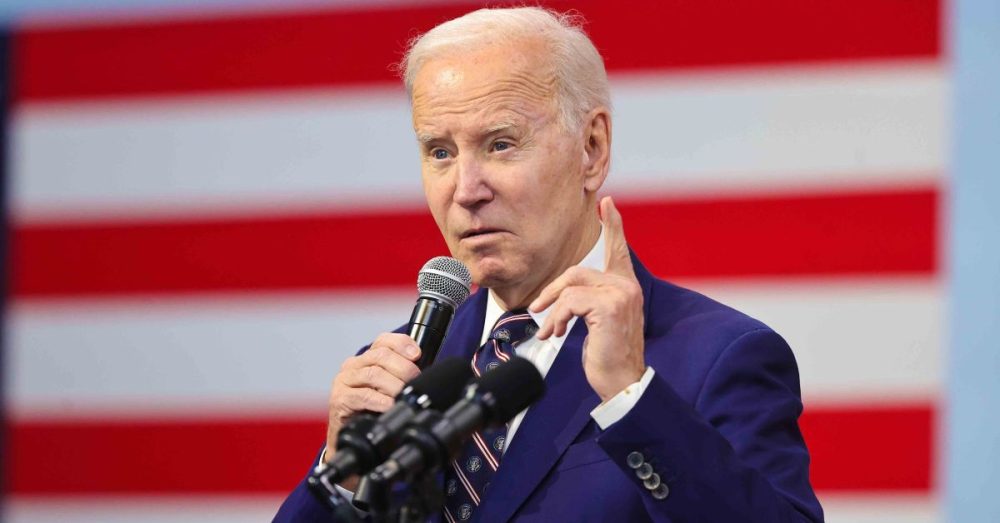As President Joe Biden becomes increasingly desperate to keep his job, reports are circulating that he will propose drastic changes to the U.S. Supreme Court, including term limits.
The move could potentially prove popular with some voters. A 2023 survey from the Pew Research Center found that nearly three out of four voters support maximum age limits for Supreme Court justices. When viewed by party affiliation, 82% of Democrats and 68% of Republicans favor having a maximum age limit.
Another 2023 Pew study found that 66% of Democrats favor increasing the number of justices on the court, while only 27% of Republicans do. The move is more popular among young adults, with 58% of those under 30 in favor, while only 35% of those 65 and older would be in favor of such a move.
The potential changes by Biden are just the latest following his sudden U-turn on border restrictions, which was almost universally condemned by Republicans and Democrats alike, and his recent decision to spend nearly $2 billion on EV plants located in swing states, as reported by The Dallas Express.
The New York Times reports that Biden has been working on the proposed changes to the Supreme Court for a few months and discussed the potential move over the weekend in a virtual meeting with Democratic lawmakers. Here’s the start of the story:
President Biden is seriously considering legislative proposals that would dramatically alter the Supreme Court, including imposing term limits and an enforceable code of ethics on the justices, according to a person familiar with the ongoing discussions.
Mr. Biden’s proposals to overhaul the court, which could be unveiled in the coming weeks, would need congressional approval, something that is likely to be a long shot given Republican control of the House and the slim Democratic majority in the Senate.
The president is also considering calling for a constitutional amendment that could limit the broad presidential immunity that the court’s conservative majority backed at the end of its term this year, the person said, speaking on the condition of anonymity because the president’s deliberations have not been made public.
Mr. Biden has called the court’s ruling a “dangerous precedent” that means “that there are virtually no limits on what a president can do.” But an amendment would face even greater challenges, requiring two-thirds votes in Congress or at a convention called for by two-thirds of the states, followed by ratification by three-fourths of the state legislatures.
In a virtual meeting over the weekend with members of the Congressional Progressive Caucus, Mr. Biden said he was considering changes to the court but did not provide any specifics to the lawmakers.


